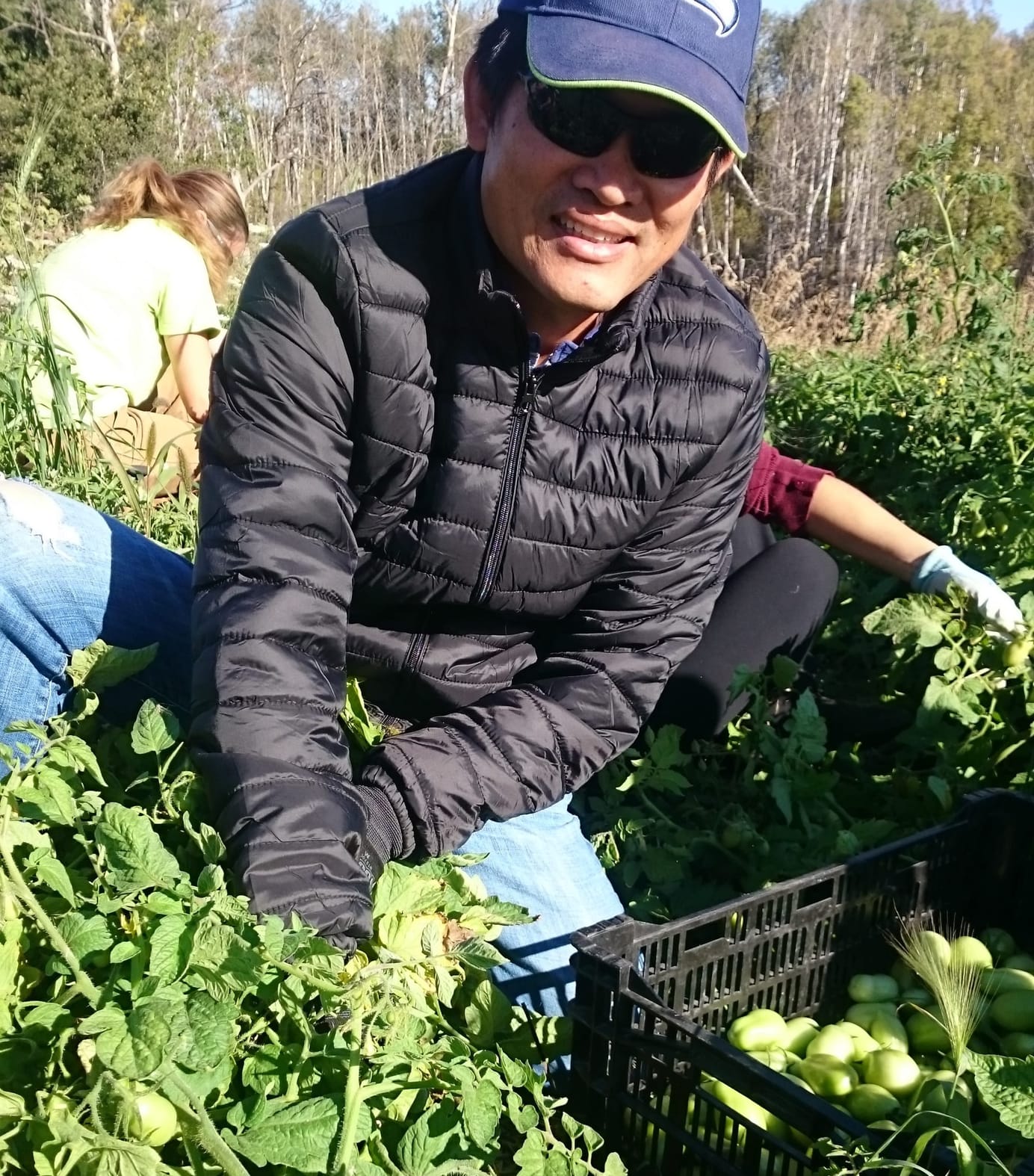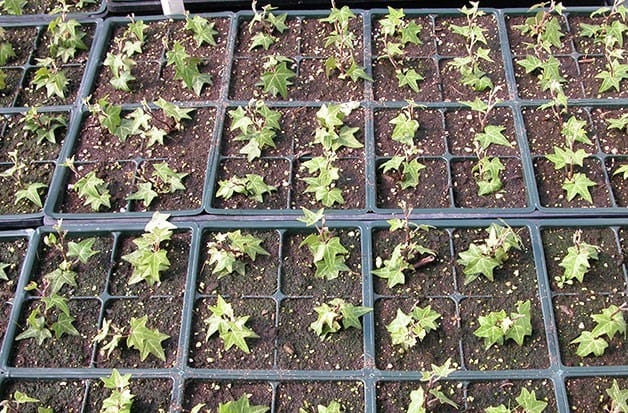
Does gardening help you live longer?
Research shows gardening supports a healthier, longer, and more connected life through physical activity, stress reduction, and healthy eating.
- By Patricial Hanbidge
July 27, 2025
key points from this story:
- Gardeners tend to live longer
- Gardening reduces stress hormone levels
- Linked to lower risk of dementia
- Improves physical and mental well-being
- Supports healthier, plant-based diet
- Promotes social and community connection
Many of the world’s centenarians are gardeners. Is gardening the elixir that helps to keep you to live longer – but even more importantly live better? It is very well known that an outdoor lifestyle that also involves physical activity is linked to a longer life. If you are a gardener, then this is an easy way to accomplish getting outside and doing some low-intensity activity. Gardeners do live longer and are less stressed as there are both physical and mental benefits from gardening.
A fairly recent Dutch study took two groups of participants and gave them a fairly stressful activity. After completing this activity one half of the group read indoors while the other half gardened outdoors for a period of thirty minutes. The group that read indoors reported their mood “further deteriorated” while the gardening group showed lower levels of the stress hormone cortisol and felt “fully restored”.
In Australia, researchers following men and women in their sixties and found that those participants that gardened had a 36% lower risk of dementia than the non-gardening group. Also, elderly people suffering from cognitive issues reported benefits from garden settings and by involvement in horticultural therapy. Sunlight, fresh air and the colours and textures of plants help improve visual and tactile ability.
Okinawa, Japan has the world’s highest ratio of centenarians with a whopping 50 per 100,000 people. Many of these residents maintain small personal gardens well into old age. There is a saying in Okinawa that anyone that grows old healthfully needs an ikagai or reason for living. Gardening gives you a reason to get up and move each and every day. One other factor that is key to this healthy lifestyle is the concept of yuimaru or a high level of social connectedness obtained by bringing their produce to market and sharing your latest creations from the garden as a social activity. This connectivity to other people and to nature itself by living surrounded by lush greenery helps us to live longer and have less chance of developing cancer or respiratory illness.
One other important factor is gardeners often eat better and often develop a more Mediterranean diet that is rich in vegetables, fruit, whole grains, legumes, nuts, fish and olive oil. Vegetables that you grow yourself taste better and are actually healthier than vegetables that are produced commercially. They are richer in vitamins, minerals and phytoactive compounds. Gardeners tend to grow what they like to eat and thus eat more of this healthy food and enjoy it more.
If we take a moment to explore the benefits of horticultural therapy these factors are even enforced more strongly. HT is the use of plants and horticulture or gardening to improve the quality of life socially, physically, mentally and spiritually. I think that is another way to demonstrate what gardening gives back to you, the gardener. Whether your HT is used to improve rehabilitation, to build a vocational option into your life or if you just use it as a social program – it is all beneficial to you personally. In my opinion everyone should garden forever, but it is totally reasonable and acceptable to alter or evolve your garden to meet your current needs, abilities and skill level. Be creative, be brave and get outside to garden!
There are no guarantees in life and gardening is not any guarantee of living a longer life, but the lifestyle factors associated with gardening – going outside, physical activity and eating a healthy plant-based diet just might be the ticket to living a longer, healthier and happier life!
Last Mountain Times Newsletter
Join the newsletter to receive the latest updates in your inbox.




